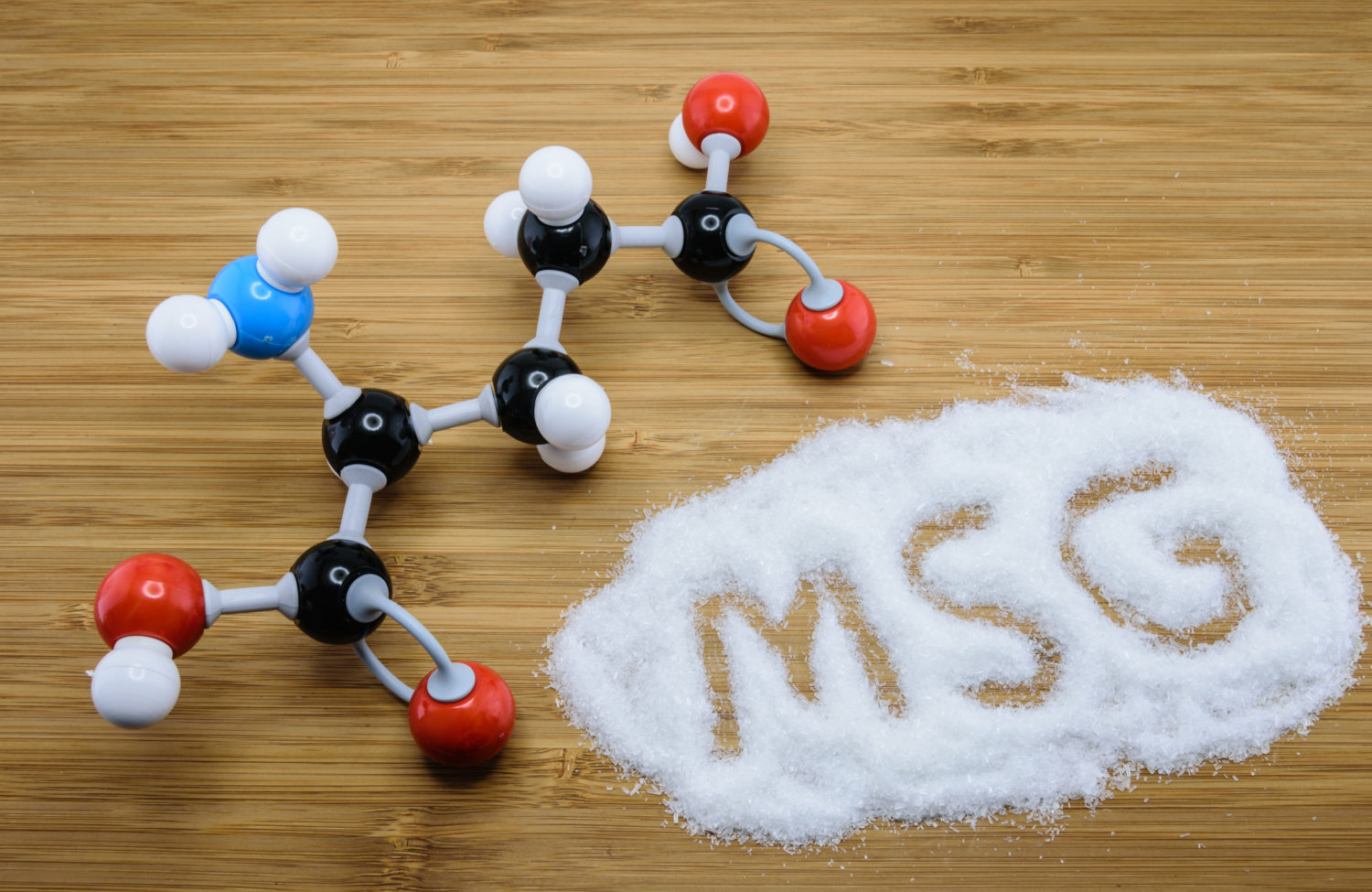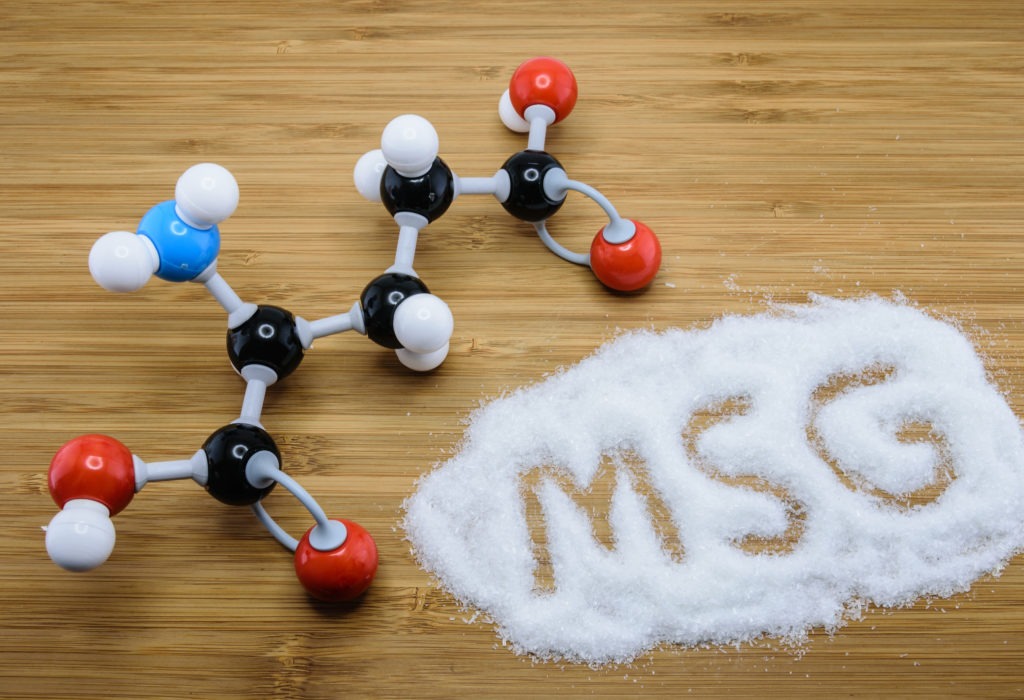
Following the burst of the economic bubble in the early 2000s, a new economic indicator arose: the Lipstick Index. Coined by Leonard Lauder, the former chairman of Estee Lauder, the concept is that economic hardship drives increased sales of lipstick as consumers turn away from costly items and towards inexpensive fripperies. With no particularly strong ties to the beauty industry, we at Food Contact Surfaces decided to translate the lipstick index into the culinary area, searching among our staff for an equivalent. And we decided on…salt. In times of economic restriction, in lieu of that new kitchen renovation, Vitamix, Kitchen Aid, or meal service subscription, we contend that gourmet salt is the inexpensive luxury to which foodies turn. Sourced from far-flung corners of the world – Peru, Bolivia, Hawaii, Sicily, El Salvador – specialist salt products such as Danish Viking-Smoked Sea Salt, Turkish Black Pyramid, and Mesquite-Smoked come in as many flavors as there are shades of lipstick, and are way tastier to boot. But there is another way of getting that salty and/or umami taste that does not rely on the mining of this mineral but rather the brewing and fermentation of sugar cane. Salt from sugar? Confused? Read on to learn more…
If there is one national cuisine that could be said to have helped build America it is that of the Chinese. A bold claim? Yes perhaps but, given that the first Chinese immigrants to the West coast arrived to serve the miners of the 1849 Gold Rush, it is an assertion not without merit. In fact, in an article by Time magazine, it was noted that the nascent American restaurant industry was almost entirely nourished by the influx of Asian culinary entrepreneurs with a background of ‘many centuries worth of experience in hospitality.’(1) And hungry, impoverished ’49ers who flocked to the so-called chow chow houses in San Francisco ‘were impressed by the establishments’ cleanliness and professionalism. “The best restaurants,” as one patron recalled, “were kept by Chinese and the poorest and dearest by Americans.”’(2)
However in more modern times, the increased popularity of Chinese food came another upsurge of a less welcome nature: ‘Chinese Restaurant Syndrome.’
Unsure of what this means? So were we and turned to the BBC for elucidation. According to an article published by the corporation in January of this year, Merriam-Webster defined ‘Chinese Restaurant Syndrome’ as follows: ‘A group of symptoms (such as numbness of the neck, arms, and back with headache, dizziness, and palpitations) that is held to affect susceptible persons eating food and especially Chinese food heavily seasoned with monosodium glutamate.’(3) Monosodium glutamate – the seasoning responsible for that salty/umami deliciousness so closely associated with Asian cuisine and ‘Chinese Restaurant Syndrome.’ But what is it and why is it thought to result in such uncomfortable symptoms?
In 1908, Japanese professor Kikunae Ikeda, a connoisseur of seaweed broth-based dishes, patented – and thereafter commercialized – an extraction technique that separated glutamate from the broth, creating the now well-known savory seasoning MSG.
But what is the difference between glutamate and MSG? We’re glad you asked! Glutamate (C5H8NO4) is an anion of glutamic acid and serves a primary role as an excitatory neurotransmitter, conducting signals between cells in the brain. In fact, according to an article in Neuroanthropology, an online collectiveat the intersection of anthropology and neuroscience, Dr. John Krystal, Professor of Psychiatry at Yale describes glutamate as ‘[T]he main thoroughfare of communication in the brain.’(5) Closely associated with learning, perception, and memory, an overabundance of the transmitter can lead to a risk for seizures and stroke, with an insufficiency being an early warning of potential psychosis. A balance of glutamate in the brain is, therefore, considered essential.
Monosodium glutamate (MSG), on the other hand, is a culinary seasoning that typically benefits sour or salty tastes but has little impact on sweet or bitter flavors.
And MSG is considered self-limiting – with more rarely being better. A product of a fermentation process, monosodium glutamate is the sodium salt of the water-soluble glutamic acid (C5H9NO4) from glutamine, one of the 20 amino acids that make up protein. Glutamate naturally occurs in animal protein and in vegetables, and the human body also produces and stores around four pounds of it as a natural function of metabolism. According to online source MSG Facts, glutamate is found in two forms: ‘bound’ and ‘free,’ the former being linked to other amino acids in protein, and the latter being common in vegetable and dairy sources. Yes, vegetables such as tomatoes, broccoli, and grape juice naturally contain glutamate, with walnuts topping out the list of (vegetable-based) glutamate-rich foods at 658mg/100g.(4) But aside from naturally occurring glutamate, we also ingest the substance as MSG which is commercially manufactured today in a process that updates Ikeda’s seaweed distillation in favor of the fermentation of starch from sources such as sugar beets, sugar cane, or molasses.
So how much MSG do we typically take in on a daily basis? MSG Facts has an answer: ‘We consume between 10g and 20g of glutamate per day from our diet, of which glutamate from seasoning or condiments is less than 10%. The U.S. Food & Drug Administration (FDA) notes that a typical serving of a food with added monosodium glutamate contains less than 0.5 grams of MSG.’(6) And the FDA goes further, saying that it ‘considers the addition of MSG to foods to be “generally recognized as safe” (GRAS).’(7) That being said, the agency does require it to be listed on the ingredient panel even when it occurs naturally in some foods such as yeast extract, protein isolate, or hydrolyzed vegetable protein.
But if the FDA recognizes MSG as GRAS (so many acronyms!) why do some consumers report feeling unwell after eating it?
The frustrating answer is that no-one is exactly sure despite the FDA initiating an independent study in the 1990s to review the safety of the product. Again per the agency’s website: ‘[the] Federation of American Societies for Experimental Biology (FASEB) [examined the substance and] concluded that MSG is safe. The FASEB report identified some short-term, transient, and generally mild symptoms, such as headache, numbness, flushing, tingling, palpitations, and drowsiness that may occur in some sensitive individuals who consume 3 grams or more of MSG without food. However, a typical serving of a food with added MSG contains less than 0.5 grams of MSG. Consuming more than 3 grams of MSG without food at one time is unlikely.’(8)
Furthermore, many of the manufacturers of MSG deploy a system of quality assurance that includes strong Hazard Analysis and Critical Control Points (HACCP) protocols. The Ajinomoto Group, for example, follows the proprietary Ajinomoto System of Quality Assurance (ASQUA) system that is based upon the international quality management system standard ISO 9001. ASQUA also incorporates GMPs and standards for product labelling, food packaging materials, kosher and halal products, and for the control of raw ingredients. For a clear example of the flow of a corporate quality assurance system, a review of the Ajinomoto Group’s data is a good starting point.(9)
So given that MSG has been within the crosshairs of the FDA and found to be GRAS, could its alleged effects be less physiological and more placebo?
Perhaps, and there are passionate voices on both sides of the debate. What is not in question, however, is that some food products containing MSG have, in the past, been recalled for ‘undeclared ingredients.’ New York, NY based London Meat Co., for example, was subject to a recall of 200 lbs of its Milano’s Country Breakfast Sausage for undeclared MSG following a change in spice blends. The omission of the new blend’s MSG on the ingredients label was discovered following a routine inspection, according to a news brief in The National Provisioner.(10) Similarly, in 2018, All People’s Food of New Castle, DE recalled 3,902 pounds of smoked whole chicken after the presence of undeclared MSG was discovered during a state inspection. And most recently the United States Department of Agriculture (USDA) announced a recall of approximately 242,640 pounds of meat and poultry from Mr. Wok Foods, Inc., based in Las Vegas, Nev. The company was found not only to have omitted the inclusion of known allergens such as peanuts, milk, oysters, and soy on its labelling, but also of sulfites and MSG. For the rather extensive list of affected products, click here.
While instances of the alleged effects of MSG consumption in sensitive individuals are classed as food poisonings, they are not considered to be as grave as those of food-borne illnesses such as E. coli or Salmonella. In fact, MSG is currently the subject of a high profile campaign that aims to restore its reputation simply as a benign condiment. Television host Jeannie Mai, for instance, sees the term ‘Chinese Restaurant Syndrome’ as symptomatic of a deeper social illness: racism. At a time when non-scientific racist attributions (‘Kung flu…’, for example) are very much in the headlines, Mai is joining with others such as comedian and chef Eddie Huang to guide Merriam-Webster in updating its listing of ‘Chinese Restaurant Syndrome’ to ‘MSG Symptom Complex.’ Acknowledging the zeitgeist, Mai seeks to de-link the condiment from its national origin, tweeting ‘You know what gives me a headache? Racism.’(11)
Again, this is food for thought…
And we value your thoughts! Are you Team Salt or Team MSG? Leave us a note in the comments below!
References:
- https://time.com/4211871/chinese-food-history/
- ibid
- https://www.bbc.com/news/world-us-canada-51139005
- https://msgfacts.com/glutamate-in-food/
- https://neuroanthropology.net/2008/02/25/glutamate-and-schizophrenia/
- https://msgfacts.com/about-monosodium-glutamate-msg/
- https://www.fda.gov/food/food-additives-petitions/questions-and-answers-monosodium-glutamate-msg
- ibid
- https://www.ajinomoto.com/aboutus/quality_assurance/ajinomoto-system-of-quality-assurance
- https://www.provisioneronline.com/articles/97726-sausage-with-msg-recalled
- https://www.bbc.com/news/world-us-canada-51139005

